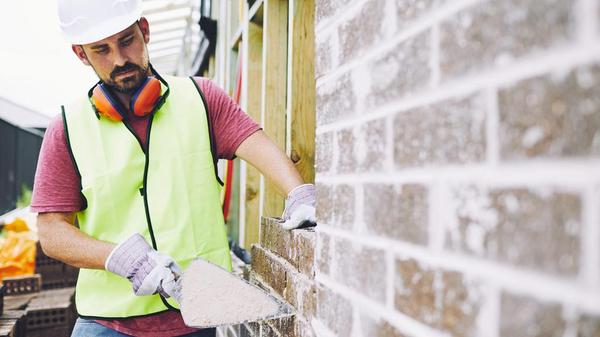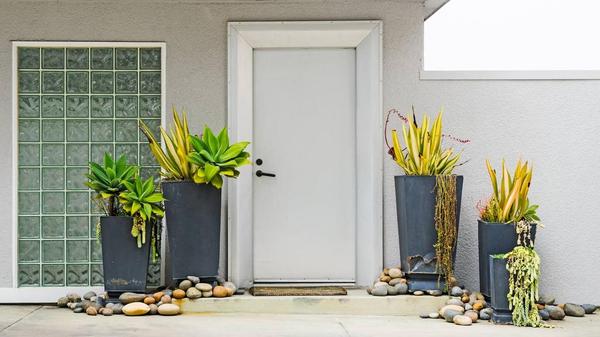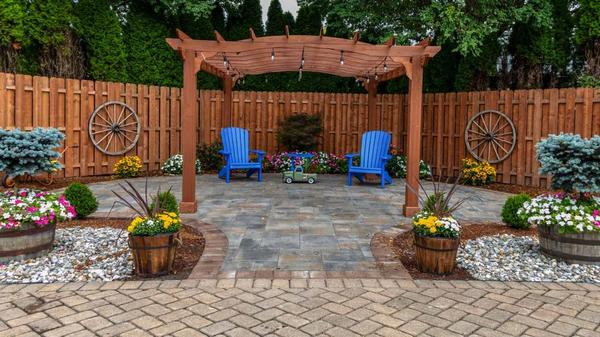
How to Lay Stepping Stones to Create a Long-Lasting Path | Angi
Stepping stones provide the perfect walkway for the hop, skip, and jump from the back gate to the back door. Or through the garden. Or to the deck. The possibilities for adding charm and color to your backyard are endless. Here’s what to do to prepare for your stepping stone path.Because it’s fun to come up with stepping stone walkway ideas, you may just want to jump right into the planning and design process. However, you need to take a few steps before you can fully commit to starting the proj...






















